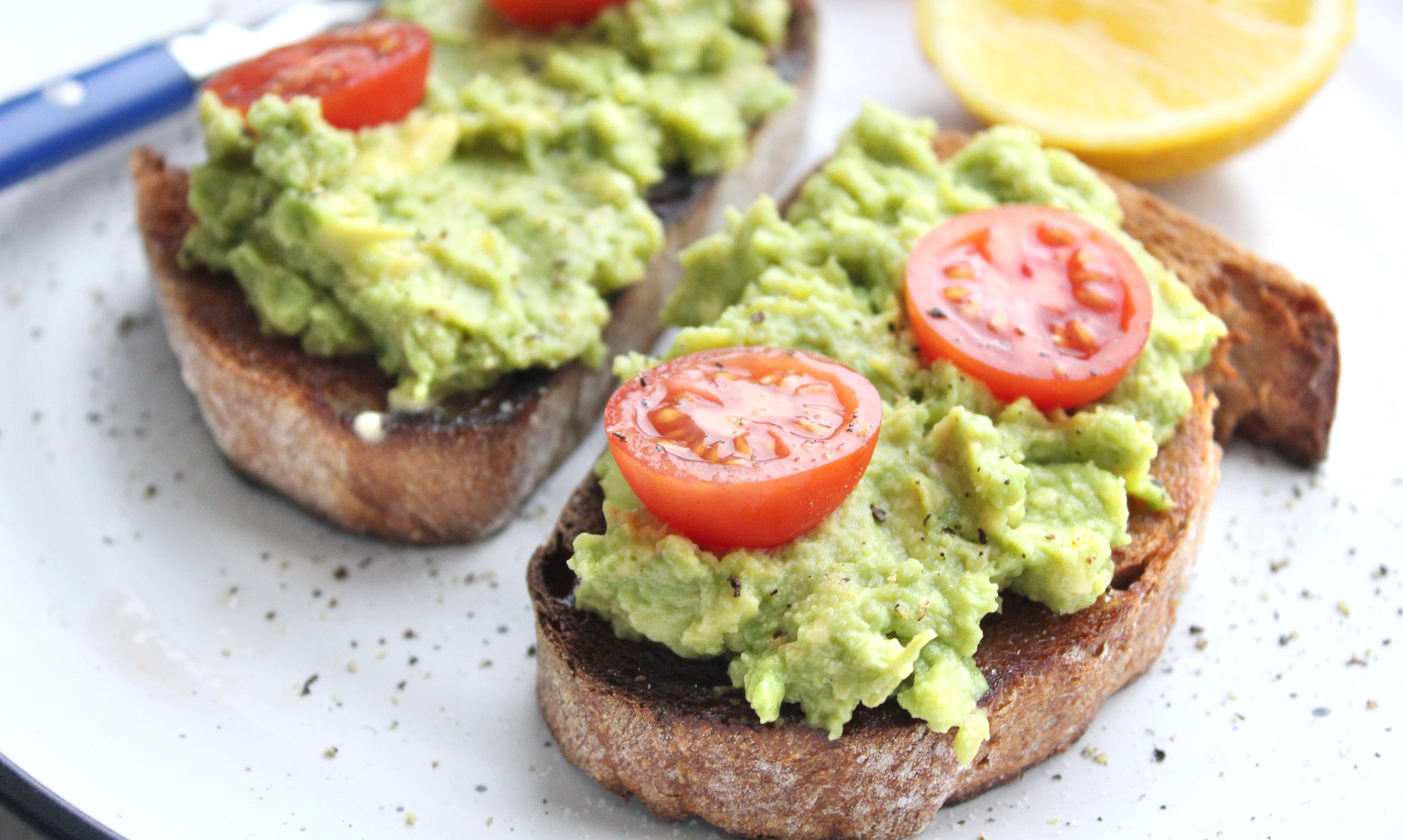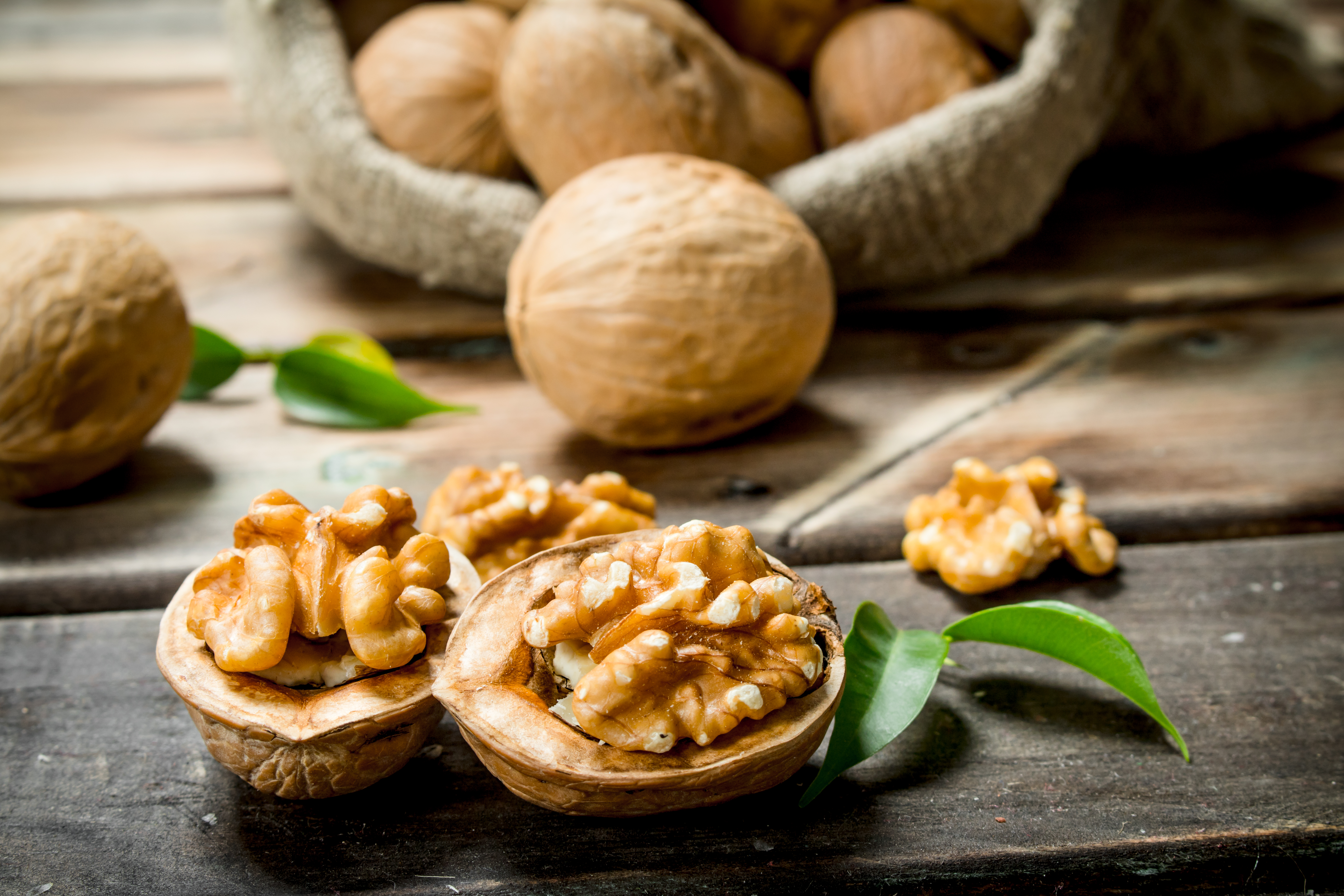Healthy Foods That Become Unhealthy When You Eat Them the Wrong Way
You stock up on almond milk, quinoa, chia seeds—maybe even splurge on açaí or goji—thinking you’ve mastered the clean-eating game. But not so fast. Many so-called “health” foods come with fine print—and when used wrong, they can do more harm than good. That gluten-free cracker? Possibly ultra-processed. That green smoothie? A sugar bomb in disguise. Even the most well-intentioned pantry can quietly sabotage your energy, digestion, or progress if you don’t know what to watch for. That’s why we’ve expanded our guide to 42 popular health foods that are frequently misused or misunderstood—foods that sound virtuous but need a smarter approach. This isn’t about fear or restriction. It’s about clarity. Because when you learn how to actually use these foods—in the right forms, amounts, and contexts—they stop being hype and start working for you. Ready to separate fact from food fiction? Let’s decode the real rules of “healthy” eating.
1. Avocados: The Fatty Fruit with a Hidden Caloric Punch

Avocados are revered for their creamy texture and rich nutrient profile. Packed with heart-healthy monounsaturated fats, they are a favorite in salads, smoothies, and on toast. However, their high-calorie content can be deceptive. Consuming avocados in excess can lead to unintended weight gain, overshadowing their health benefits. A single avocado can contain over 200 calories, and when paired with other high-calorie foods, the numbers add up quickly. Portion control is crucial. Understanding serving sizes and balancing avocado intake with other dietary components can help maintain its status as a healthful addition rather than a caloric burden.
2. Nuts: Nutrient-Dense but Easy to Overconsume

Nuts are often hailed as a perfect snack due to their combination of protein, fiber, and healthy fats. Almonds, walnuts, and cashews, among others, provide essential nutrients and are linked to numerous health benefits, including improved heart health and weight management. However, their high-fat content means they are also calorie-dense. Mindlessly snacking on nuts can lead to excessive calorie intake. Additionally, flavored or salted varieties can introduce unwanted sugars and sodium. To avoid these pitfalls, it's essential to measure portions and opt for raw or lightly roasted nuts, ensuring they contribute positively to your diet.
